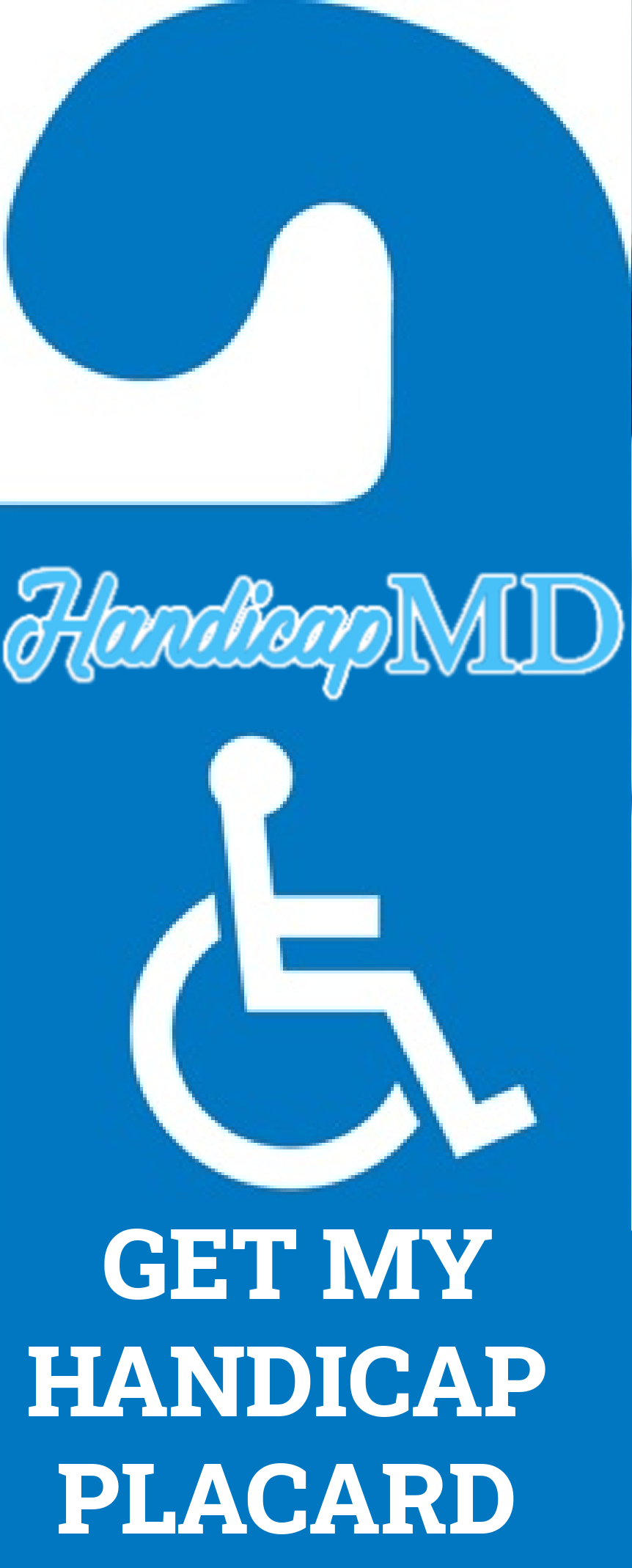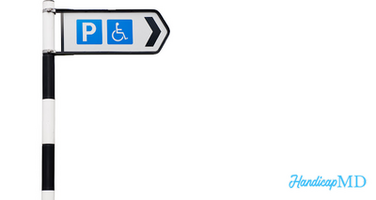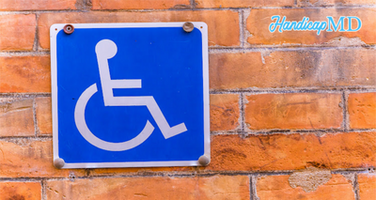
Handicap Placard Violations and Penalties in South Dakota: What You Need to Know
Introduction
Handicap placards serve a crucial purpose in ensuring accessibility for individuals with disabilities. In South Dakota, like in many other states, there are strict regulations in place to maintain the integrity of this system. This comprehensive guide will walk you through everything you need to know about handicap placard violations and penalties in South Dakota.
The Importance of Handicap Placards
Handicap permits are a lifeline for people with disabilities. They grant access to designated parking spots and facilities, making daily life more manageable. However, it's vital that these passes are used correctly to ensure fairness and accessibility.
Types of Placards
- Temporary Passes: Issued for a limited period when an individual has a temporary disability.
- Permanent Passes: For individuals with long-term or permanent disabilities.
- Organization Passes: Issued to organizations that transport people with disabilities.
Rules for Using Handicap Placards
South Dakota has specific rules in place to prevent misuse of disability passes. Understanding and following these rules is crucial.
Eligibility Criteria
To obtain a disabled parking pass, individuals must meet certain eligibility criteria. These criteria include:
- Mobility Impairment: Those who have difficulty walking without assistance.
- Visual Impairment: Individuals with significant vision problems.
- Respiratory Impairment: Those who require portable oxygen.
Proper Display of Permits
Placards must be displayed on the rearview mirror when the vehicle is parked in a designated spot. Failure to do so can result in penalties.
Handicap Placard Violations
Understanding what constitutes a violation is essential to avoid legal consequences.
Parking in a Handicap Spot Without a Valid Placard
Parking in a handicap spot without a valid South Dakota handicap permit is a severe violation. This includes using an expired or revoked permit.
Altering or Forging Placards
Altering, forging, or using a counterfeit permit is illegal and can lead to serious penalties.
Using Another Person's Placard
It is illegal to use someone else's disability permit, even if you're transporting them.
Penalties for Violations
South Dakota takes disability passes violations seriously, and the penalties reflect this commitment to enforcement.
First Offense
- Fine: Up to $100.
- Possible community service.
- Permit revocation: Up to six months.
Second Offense
- Fine: Up to $200.
- Possible community service: More likely.
- Permit revocation: Up to one year.
Third and Subsequent Offenses
- Fine: Up to $300.
- Mandatory community service: Extensive hours.
- Permit revocation: One year or longer.
Avoiding Violations
Preventing disability pass violations is simple: use the placard only as intended, and follow the rules diligently.
- Stay Informed: Keep up-to-date with the latest regulations.
- Use Your Pass Responsibly: Only park in designated spots when the authorized holder is present.
- Report Suspected Misuse: If you suspect permit misuse, report it to local authorities.
FAQs
Q: Can I lend my pass to a friend or family member?
A: No, your permit is only for your use. Lending it is a violation.
Q: Are there specific pass designs for temporary and permanent disabilities?
A: Yes, temporary permits are typically marked with an expiration date. Remember, it's important to renew your permit before it expires to continue enjoying the benefits.
Q: What should I do if I see someone misusing a pass?
A: Report it to your local law enforcement agency.
Q: Can out-of-state passes be used in South Dakota?
A: Yes, South Dakota recognizes out-of-state passes, but they must be valid.
Q: Is it possible to appeal a pass revocation?
A: Yes, you can appeal a revocation within 30 days of the decision.
Q: What if I forget to hang my passes and get a ticket?
A: Contact the issuing agency and provide proof of your valid pass to appeal the ticket.
Conclusion
Understanding Handicap Placard Violations and Penalties in South Dakota is vital for promoting accessibility and ensuring that these parking privileges are not abused. By adhering to the rules and reporting violations, we can create a more inclusive and accessible environment for everyone.
.png)






